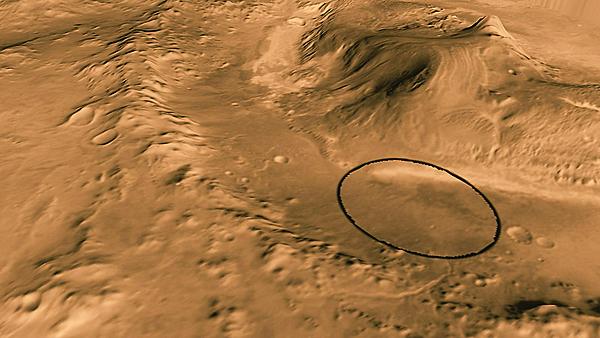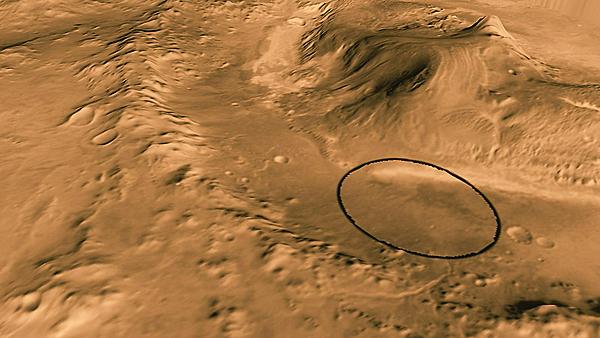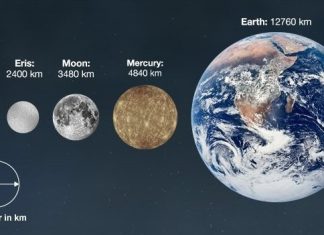 1909 Lincoln, V.D.B. cent en route to Mars
1909 Lincoln, V.D.B. cent en route to Mars
The Red Planet in August will receive its first red cent — a 1909 Lincoln, V.D.B. cent carried aboard NASA’s Mars rover Curiosity as part of a scientific calibration target used for testing the rover’s high-tech hand lens.
When Curiosity was launched onto its nine-month-long journey to the planet Mars on Nov. 26, the rover carried as one of its many scientific packages a calibration target. The cent is mounted near the bottom of the target, with its obverse facing outward.
The target, the size of a smart phone, will be used to test the performance of the rover’s Mars Hand Lens Imager.
According to NASA, “MAHLI’s close-up inspections of Martian rocks and soil will show details so tiny, the calibration target includes reference lines finer than a human hair.”
The target “looks like an eye chart supplemented with color chips and an attached penny.” A calibration target is a standard tool used by geologists on Earth.
“The ‘hand lens’ in MAHLI’s name refers to field geologists’ practice of carrying a hand lens for close inspection of rocks they find. When shooting photos in the field, geologists use various calibration methods,” according to NASA.
“When a geologist takes pictures of rock outcrops she is studying, she wants an object of known scale in the photographs,” said MAHLI principal investigator Kenneth Edgett, of Malin Space Science Systems, San Diego. “If it is a whole cliff face, she’ll ask a person to stand in the shot. If it is a view from a meter or so away, she might use a rock hammer. If it is a close-up, as the MAHLI can take, she might pull something small out of her pocket. Like a penny.”
Edgett added: “The penny is on the MAHLI calibration target as a tip of the hat to geologists’ informal practice of placing a coin or other object of known scale in their photographs. A more formal practice is to use an object with scale marked in millimeters, centimeters or meters. Of course, this penny can’t be moved around and placed in MAHLI images; it stays affixed to the rover.”
The coin carried aboard Curiosity is no mere pocket change, however. As coin collectors well know, the 1909 Lincoln, V.D.B. cent is one of the more popular dates in the series, issued during the first weeks of production.














